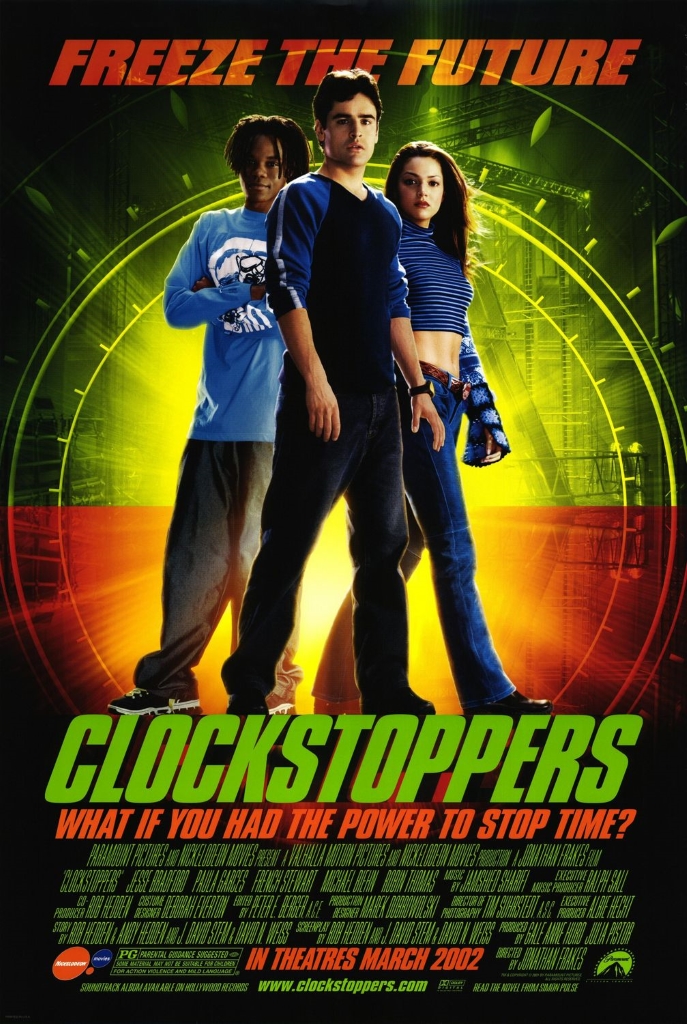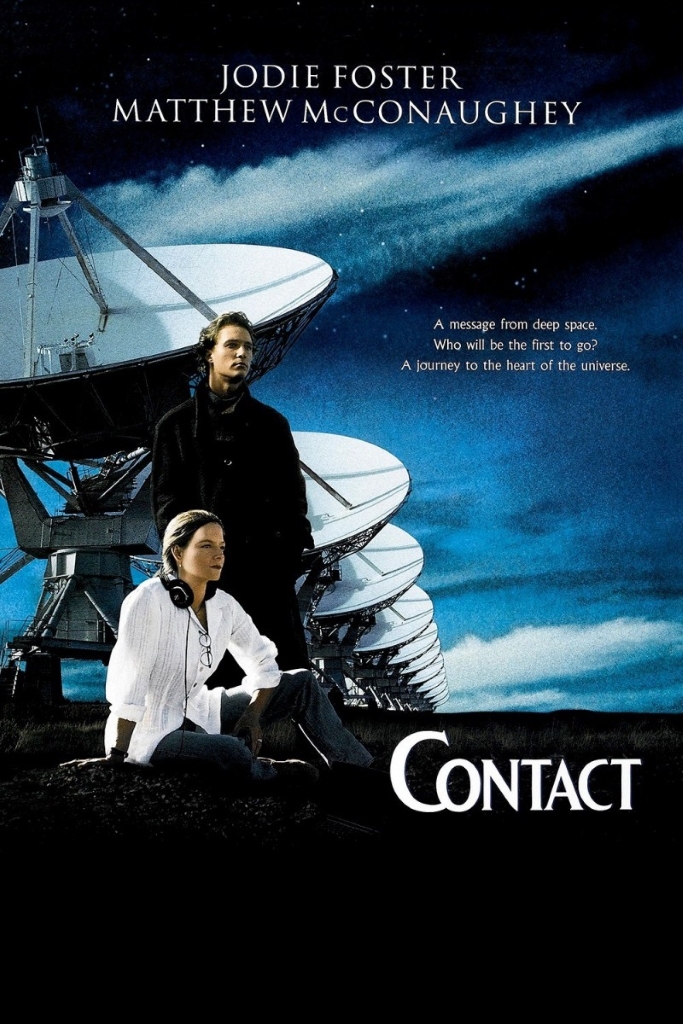 Despite implied promises that the installment before this one would be the last, there’s yet another Saw movie out. I can understand to some extent why audiences find them entertaining, and perhaps even scary. But if the movies do manage to scare people, it’s not as if they deserve any accolades for doing so.
Despite implied promises that the installment before this one would be the last, there’s yet another Saw movie out. I can understand to some extent why audiences find them entertaining, and perhaps even scary. But if the movies do manage to scare people, it’s not as if they deserve any accolades for doing so.
By releasing so many entries in the series, the Saw franchise has essentially admitted that not much effort is needed to frighten the viewer in the manner they’ve devised. The formula is fairly simple: Show a victim trapped in a room who will soon be killed unless they manage to survive through means that will cause them great pain or mental anguish. Sure, it’s scary when the viewer thinks “What if that was me,” but it’s a fairly obvious means of frightening someone, and the filmmakers aren’t demonstrating a great deal of talent. Anyone could devise one of Jigsaw’s games given an hour’s time.
There’s a difference between a movie that is scary when it’s seen and a movie that remains scary afterward. Exceedingly few films have succeeded in generating fear long after they’re over. I’ve been left queasy after a movie is finished because of its implications for the future of its characters and society as a whole, as was the case with Larry Clark’s Kids, but very rarely frightened for my own sake.
Former Tom Servo Kevin Murphy, in his book A Year at the Movies, describes the criteria for a film to be genuinely horrifying:
To genuinely evoke fear, a movie can’t simply address our fears, it has to dig them out of where we hide them, in our subconscious. Find a filmmaker who can draw from our subconscious and show it to us, and you have a true master of horror.
Given this definition of a true horror film, it’s no surprise that he goes on to name David Lynch’s Eraserhead as the most horrifying movie he’s seen. The premise of Eraserhead — as best I can understand it, anyway — is that a young man discovers that he’s fathered an illegitimate child with his girlfriend, and is now expected to take care of it as any father would. And the baby in question has… something wrong with it.
I’ve read about a common archetype of a monster being an entity that is human in most respects, but is still not quite right, dipping into the “uncanny valley.” Eraserhead exaggerates this trope with the baby, which given the shape of its head is suggestive of something cute and infantile, but sweet Jesus is that thing NOT an infant and it sure as hell is NOT cute. It channels our innermost instincts to care for and protect anything that resembles a human child and then vomits them up right in our faces by showing itself to be repulsive upon closer inspection. It’s the same reason we are put off by pictures of dolls that have been abandoned and subjected to the elements.
Murphy writes of Eraserhead: “David Lynch has managed to do what few other filmmakers can accomplish: to present on film a dream, or in this case a nightmare.” Through the medium of a film presented through the filter of “dream logic,” Lynch portrays the fear inherent in the newfound responsibilities of parenthood.
But while the revolutionary means of storytelling establish Eraserhead as a cinematic milestone, it did not strike me as especially horrifying. I suppose it would have a far greater impact on me if I saw it as an expectant father, just as I’d be frightened by Rosemary’s Baby. But other movies have certainly succeeded where others have failed, with one outstanding example.
The movie that scared me the most is one that I’ve never seen described by anyone else as one that scared them. Actually, compared to the likes of The Exorcist and Eraserhead, I’ve hardly seen it discussed at all. It’s Sisters, one of the early efforts of Brian De Palma. (You may not recognize his name, but you’ve almost certainly seen at least one of his movies.) The plot concerns a pair of conjoined twins that have since been surgically separated… Oh yes, and one is evil.
Granted, the premise may not exactly be anything too groundbreaking, but that wasn’t the aspect of the film that I found so frightening. I was most scared by two scenes toward the end that had little to do with the conjoined-twins plot. Nobody was killed in these scenes, nor even a single drop of blood spilled.
(Of course, to explain why these scenes are scary, which I’ll now proceed to do, would entail spoiling the ending. Read further at your own discretion.)
The protagonist of the movie is a reporter, notable for her columns critical of law enforcement, who witnesses a murder at the hands of the presumably evil twin. As the police are wary of her given her body of work, they are incredulous of her claims, and it falls on her to solve the crime herself with the help of a private investigator. Not that she displays a great deal of competence in contrast to the cops: Right after the murder is committed, she finds a cake wishing two people a happy birthday, proving her claim of twin sisters rather than an individual living in the apartment. She brings the evidence to the detective… And then trips, dropping the cake and smearing the frosting.
Her leads eventually lead her to a mental hospital, which employs the murderer’s accomplice and ex-husband as a doctor. She’s then found, however, by another staff member, and said doctor explains that she’s a patient who has delusions of being a reporter. She refutes that she really is who she claims to be, which can be proven by her ID… which she left in her car. After a few minutes of being condescended to by the staff member and her desperation growing, another of them arrives with a needle. The reporter screams for help to no avail.
After being sedated, the reporter is then subjected to hypnosis by the doctor, who repeats that the murder she witnessed didn’t actually occur. By the end of the film, he too falls victim to the murderer, drawing the attention of the police, who now have reason to believe the reporter’s story. So the previously incredulous detective sits her down and invites her to reiterate her story…
…Which goes nowhere, as she’s been successfully brainwashed by the doctor and can only repeatedly insist that the whole thing was a ridiculous mistake. And unless the private eye can actually come up with something, the murder will be unsolved forever. The end.
So there are the two scenes that scared me, the one where the reporter tries fruitlessly to prove her identity and the one where she demonstrates herself to be brainwashed. And while I found them both frightening, they were frightening for different reasons.
The first scene was a classic example of the protagonist as audience surrogate becoming trapped and helpless, in the same vein as Jigsaw’s victims. But there are some key differences here. The most obvious is that the audience has followed the reporter’s plight for a while now and has had time to establish rapport with her, so they can relate to her more than someone who is introduced to them already chained up in a filthy bathroom. The other may be connected to the aforementioned monster archetype.
The Eraserhead baby was far scarier than the Blob or Mothra because it was not something so exaggerated as to be unrelatable. It started out as something to be nurtured and not feared, and then corrupted. Likewise, the asylum scene in Sisters was not a situation as outlandish as finding yourself needing to gouge out your own eyeball in order to survive. It was a logical escalation of the film’s conflict, and it bore some resemblance to commonplace, everyday arguments with with most audience members would be familiar.
It was all too easy to imagine myself in the reporter’s situation, surrounded by people whose trust was gained by my enemy rather than me. And like the reporter’s previous incident with the cake, her having left her ID in her car was her own fault that she could easily have avoided, thus adding another layer of irony. If only she’d brought it with her…
It wasn’t just the set-up of the scene, either: Its pacing and staging built perfectly to its conclusion. As it plays out, the viewer slowly and steadily comes to the realization that the woman is completely screwed.
I have never been kidnapped by a sadistic madman or a serial killer. I have, however, been antagonized by people who wield some degree of authority. I could easily envision myself falling victim to an authority figure who managed to outwit me, and his pawns who thought they were doing what was right. The believability of the scene enabled it to bore into me like few movies could.
The scene where the reporter shows herself to be hypnotized showcases a scenario that is truly terrifying: What if, under outside influence, one can be betrayed by their own mind? What if the very tool that is used to perceive and store information about the world around them can become someone else’s plaything? What if we can no longer trust our own memories? It’s classic paranoia fuel, and the only consolation is that the concept is simply a Hollywood fiction that can’t be reproduced in reality… Oh, shit.
That’s why Sisters was the film I’ve seen that I found the scariest. (It’s also one of the reasons I consider De Palma to be an accomplished filmmaker — call him a shameless plagiarist of Hitchcock if you want, but the fact remains that Sisters frightened me more than Psycho and The Birds combined.) I realize that doesn’t mean it’s the scariest film I’ve seen, of course. Every audience member is different, and the task falls to the storyteller to figure out which parts of their psyche will recoil when prodded.
Happy Halloween…





